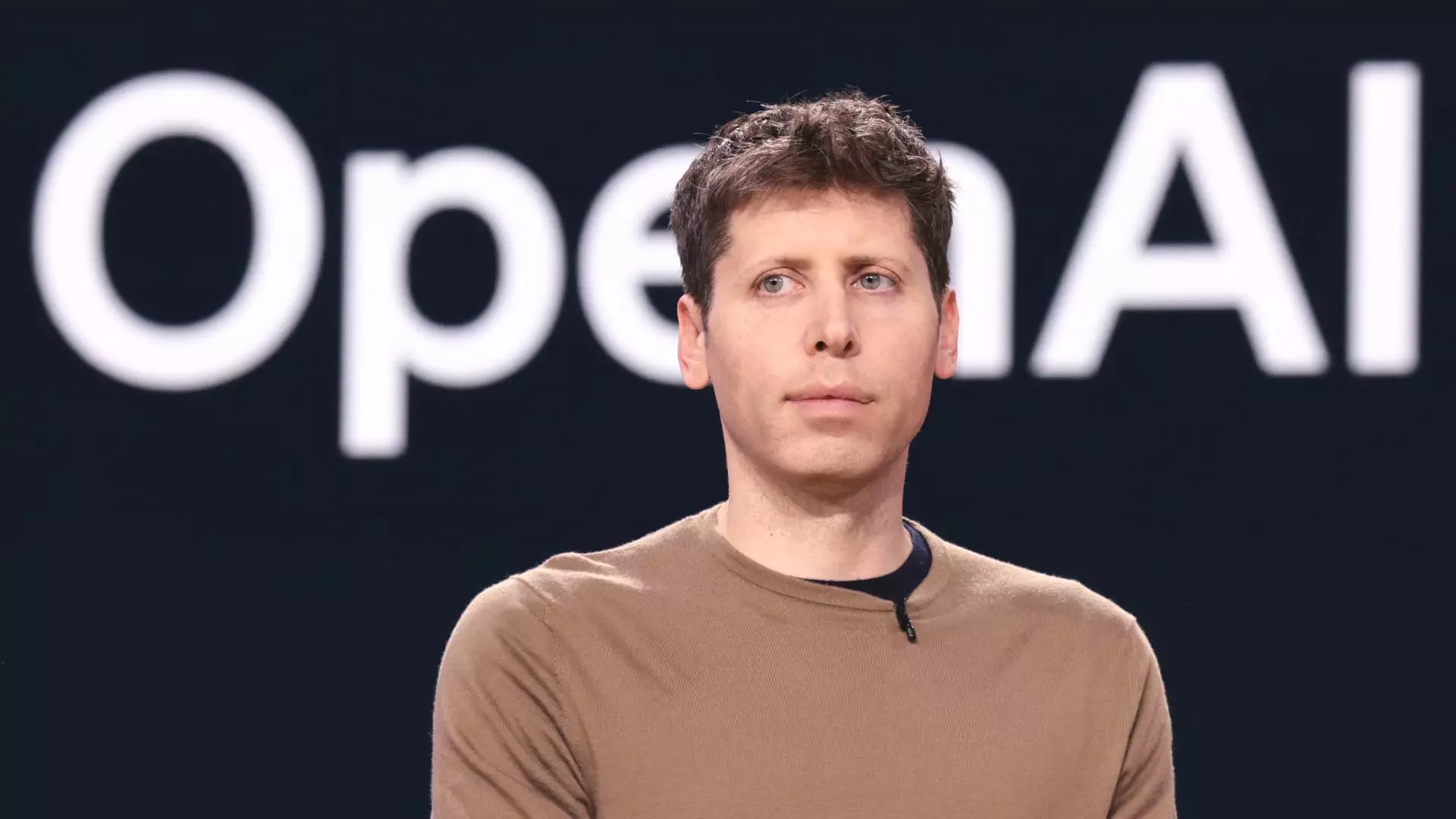The rapid evolution of artificial intelligence has ushered in numerous opportunities, but it has also prompted significant scrutiny, particularly regarding the safety and security protocols guiding these powerful technologies. In response to a tumultuous period filled with controversy and criticism, OpenAI announced on a recent Monday that its Safety and Security Committee would evolve into an independent board oversight committee. This strategic move is designed to bolster transparency and what the organization describes as its commitment to ethical AI deployment.
The newly formed committee will be chaired by Zico Kolter, a prominent figure from Carnegie Mellon University’s School of Computer Science. Kolter’s academic prowess in machine learning makes him a fitting leader for a group tasked with overseeing safety measures during AI model deployment. Other notable figures on the committee include Adam D’Angelo, co-founder of Quora and an OpenAI board member, as well as Paul Nakasone, former chief of the NSA, and Nicole Seligman, a former executive vice president at Sony. This diverse array of expertise—from technology and security to public relations—signals OpenAI’s earnest intention to address safety concerns through multifaceted oversight.
The committee’s inaugural task was a comprehensive 90-day review that aimed to scrutinize OpenAI’s existing safety and security practices. Its findings culminated in five primary recommendations: the establishment of independent governance dedicated to safety measures, an enhancement of existing security protocols, increased transparency regarding OpenAI’s initiatives, collaboration with external organizations, and the unification of safety frameworks across the organization. These recommendations emphasize a proactive approach to safety, indicating that the company recognizes the critical nature of these issues in an ever-evolving technological landscape.
After experiencing remarkable growth since the debut of ChatGPT, the committee’s recommendations come at a time when OpenAI faces internal and external pressures regarding its operational protocols and risk management. The company’s decision to make the findings public through a blog post aligns with its commitment to transparency, an essential component in rebuilding trust within both the public and regulatory spheres.
OpenAI’s transformative journey has not come without its share of challenges. Since the introduction of ChatGPT, rumors have circulated about rapid staffing changes and employee concerns over the speed of operations outpacing safety protocols. In July, a group of Democratic senators reached out to CEO Sam Altman to express their fears over rising safety concerns linked to the company’s ambitious projects. Moreover, internal dissent emerged from current and former employees, who publicly highlighted the absence of oversight and the need for whistleblower protections.
The sense of urgency surrounding these matters was accentuated by the fact that OpenAI had, just a month prior, decided to dissolve its long-term risk team—only a year after its establishment. Such decisions raised eyebrows, leading to speculation regarding the company’s commitment to addressing the potential ramifications of AI technology, particularly in today’s landscape where ethical considerations are paramount.
As OpenAI seeks to fortify its safety measures, it simultaneously embarks on a funding round that could value the company at upwards of $150 billion. Notable investors like Thrive Capital and Tiger Global are reportedly in talks to contribute significant amounts, indicating strong interest in the company’s future trajectories. However, while financial backing is essential for growth, it should not eclipse the importance of ethical governance and operational transparency, especially as OpenAI navigates the complex landscape of artificial intelligence development.
As OpenAI progresses with the implementation of its independent oversight committee, the efficacy of its recommendations remains to be seen. The organization’s willingness to tap into external expertise and to strive for transparency is commendable; however, it must also ensure that these measures are more than symbolic. OpenAI stands at a critical crossroads: its future as a responsible leader in AI innovation hinges on the balance it strikes between ambitious growth and unwavering adherence to safety and ethical standards. Ultimately, fostering a culture of safety will not only be crucial for OpenAI’s reputation but may also set a precedent for the broader AI industry as it evolves.


Leave a Reply